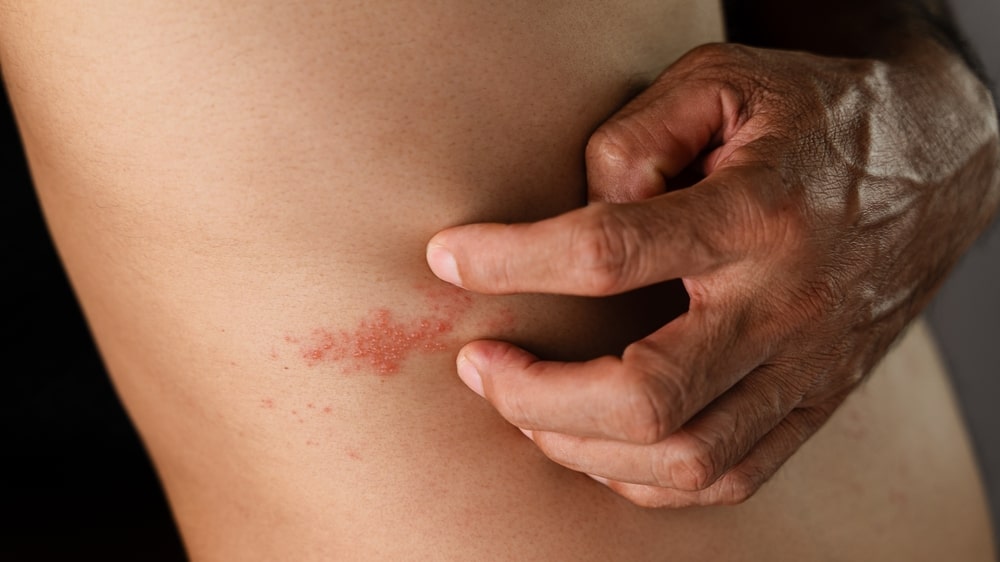Shingles in Older Adults: Challenges, Treatment Options and Supportive Care

Shingles, also known as herpes zoster, is a viral infection caused by the varicella-zoster virus, the same virus that causes chickenpox. After a person recovers from chickenpox, the virus can remain dormant in the body's nerve tissues for years.
In some cases, the virus can reactivate, leading to shingles. While anyone who has had chickenpox can develop shingles, it is more common in older adults, particularly those over the age of 50. In this article, we will explore the challenges, treatment options and supportive care for shingles in older adults.
Challenges of Shingles in Older Adults
Older adults face several challenges when it comes to shingles. One of the primary challenges is the increased risk of complications. Shingles can cause severe pain and discomfort, which can be particularly challenging for older adults who may already be dealing with other health issues. Additionally, older adults may be more likely to develop postherpetic neuralgia (PHN), a condition characterised by persistent pain in the area affected by shingles.
Another challenge is the potential impact of shingles on overall health and quality of life. The pain and discomfort caused by shingles can make it difficult for older adults to perform daily activities, leading to a decrease in quality of life. Furthermore, the stress of dealing with shingles can harm mental health, increasing the risk of depression and anxiety.
Treatment Options for Shingles
Treatment for shingles in older adults typically involves antiviral medications to help reduce the severity and duration of the infection. These medications work best when started within 72 hours of the shingles rash appearing. Pain medications, such as over-the-counter pain relievers or prescription painkillers, may also be prescribed to help manage the pain associated with shingles.
In some cases, antiviral medications may not be enough to control the symptoms of shingles, especially in older adults. In these cases, other medications, such as corticosteroids, may be prescribed to help reduce inflammation and pain. Older adults with shingles need to follow our healthcare provider's recommendations for treatment to prevent complications and improve outcomes.
Supportive Care for Shingles
In addition to medical treatment, supportive care is an essential aspect of managing shingles in older adults. Supportive care may include:
● Pain management: Using pain relievers and anti-inflammatory medications as prescribed by a healthcare provider can help manage the pain associated with shingles.
● Rest: Getting plenty of rest can help the body recover from shingles and reduce the risk of complications.
● Hydration: Drinking plenty of fluids can help prevent dehydration, especially if a fever is present.
● Skin care: Keeping the rash clean and dry can help prevent infection and promote healing.
● Stress management: Managing stress can help reduce the risk of complications and improve overall well-being.
● Follow-up care: Older adults with shingles should follow up with their healthcare provider to monitor their condition and ensure that they are receiving appropriate treatment.
Book Your Pharmacy First Consultation at Pearl Chemist Group Today!
Shingles can be a challenging condition for older adults, but with prompt treatment and supportive care, it is possible to manage the symptoms and reduce the risk of complications. Older adults who develop shingles should seek medical attention promptly to receive appropriate treatment. By following our healthcare provider's recommendations and practising good self-care, older adults can improve their outcomes and quality of life.
For expert advice on managing shingles and other health concerns, schedule a consultation at Pearl Chemist Group. Our experienced pharmacists are here to provide personalised care and support. Book your consultation today to get the help you need from the comfort of your home.






